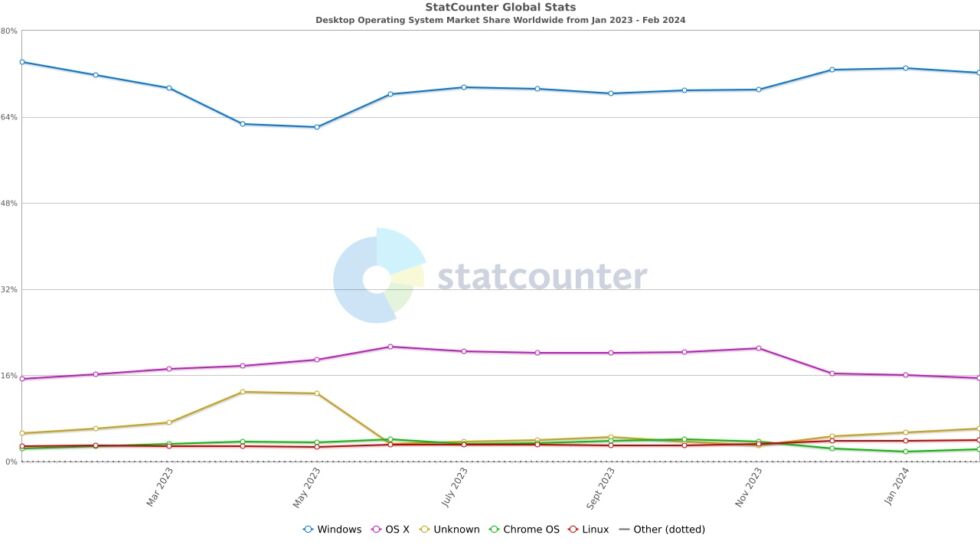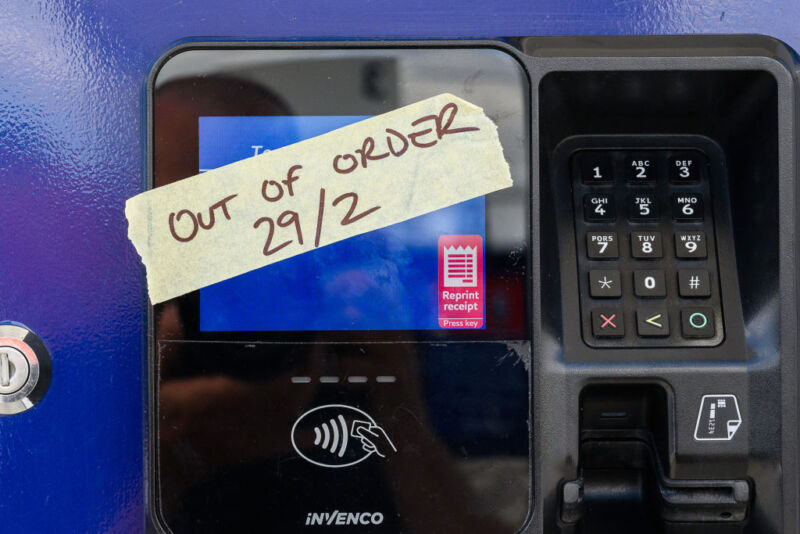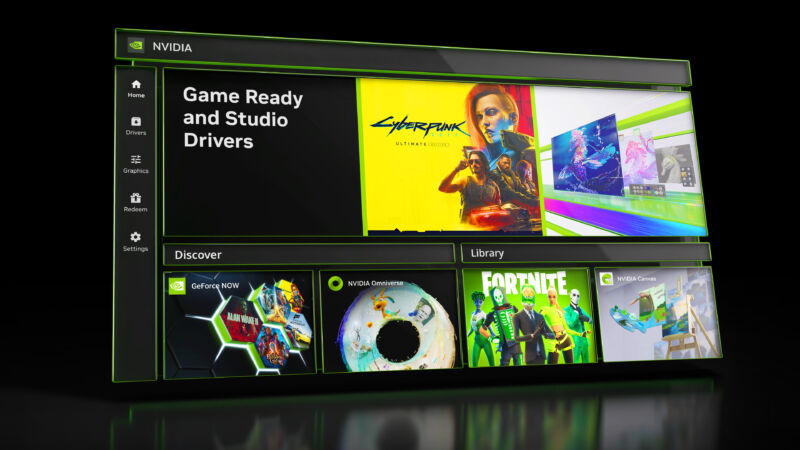-
 chevron_right
chevron_right
Linux continues growing market share, reaches 4% of desktops
news.movim.eu / ArsTechnica · Tuesday, 5 March - 18:44

Linux reached 4.03 percent of global market share in February, according to data from research firm Statcounter . That takes Linux past the 3 percent milestone it reached in June 2023. While we’re still far from the Year of the Linux Desktop, interest in Linux has somewhat grown lately.
Statcounter says it gets its desktop operating system (OS) usage stats from tracking code installed on over 1.5 million global websites generating over 5 billion monthly page views. The only adjustments the firm says it makes to this data are around removing bot activity and adjusting for Google Chrome prerendering. Note that when Statcounter analyzes desktop OSes, it also includes laptop computers, and Statcounter says it may revise its data within 45 days of publication.
-

Global desktop OS adoption, per Statcounter. [credit: Statcounter ]
As spotted by Linuxiac , Linux’s reported desktop market share was higher than ever in February. If you count ChromeOS as a Linux OS, then market share totaled 6.34 percent in February, although, that number is actually smaller than what Statcounter reported in June: 2 percent.


